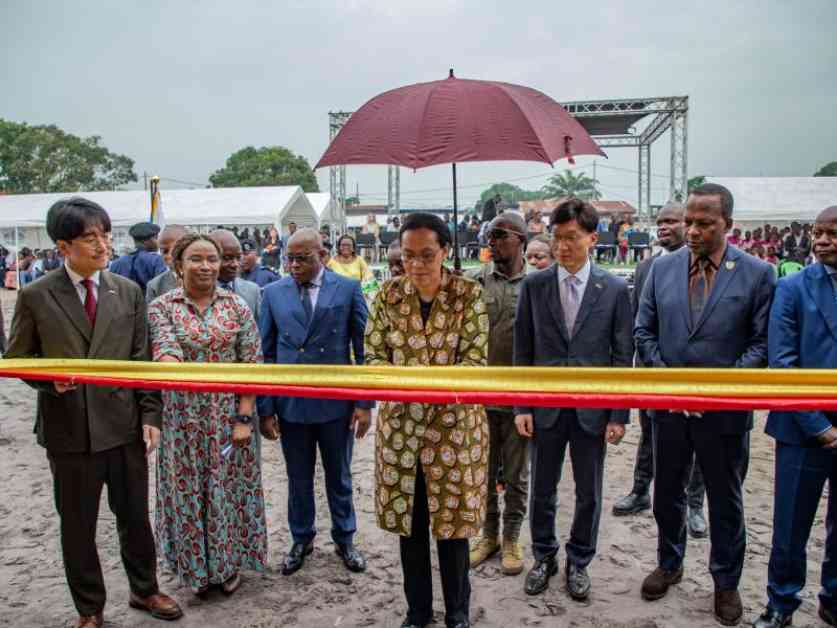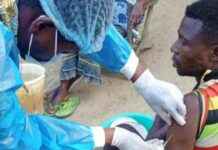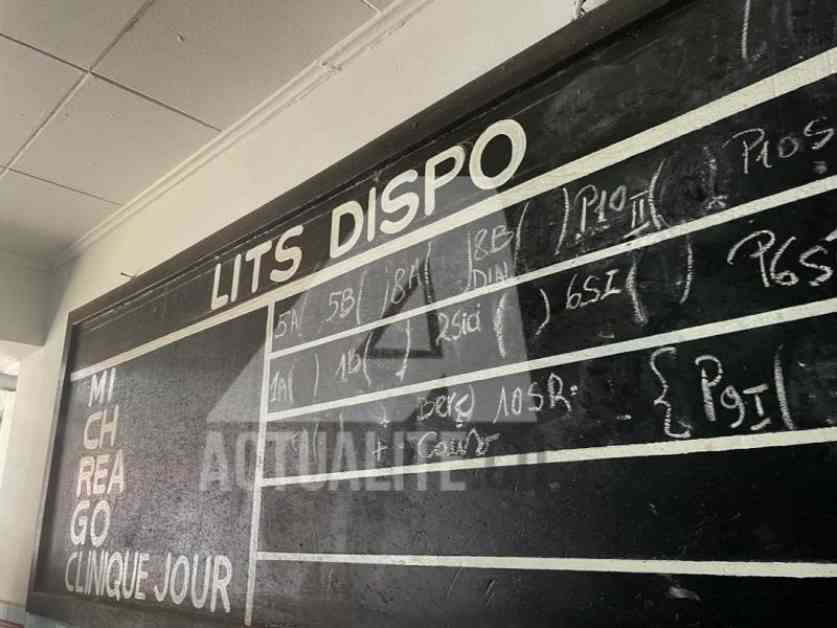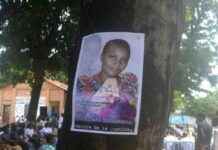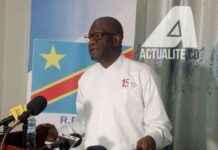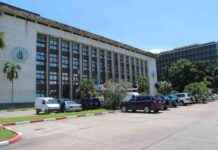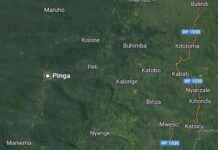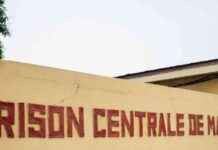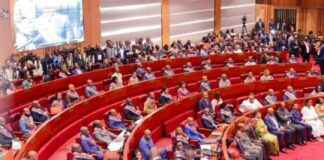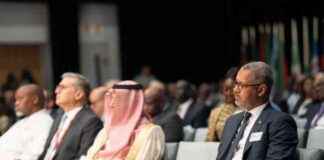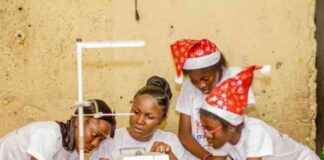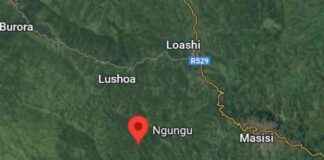The government of the Democratic Republic of Congo, through the Ministry of National Education and New Citizenship, has officially handed over school buildings as part of a project named “Improving access and quality of primary education in N’sele, Kinshasa-DRC.” The inauguration took place in the educational sub-divisions of Nsele 1 and Nsele 2 in Kinshasa. A total of 60 new classrooms, 2 multipurpose rooms, 10 offices, and 80 latrine doors have been provided to 10 schools in this area, catering to approximately 11,404 students, including 5,772 girls.
Significance of Quality School Infrastructure
Quality school infrastructure plays a vital role in enhancing students’ performance and reducing educational inequalities. Studies have shown that students in well-equipped institutions achieve better results than those in precarious learning conditions. By equipping our schools with modern infrastructure, we are laying the foundation for a promising future for our children. Raïssa Malu, the Minister of State for National Education and New Citizenship, reiterated the government’s commitment to transforming education in the DRC.
Support from UNICEF and KOICA
The deputy country representative of UNICEF in the DRC reaffirmed the agency’s dedication to supporting the Congolese government’s efforts to elevate young students’ education. Each student deserves a stimulating learning environment conducive to their development. UNICEF stands by the government to ensure every child, regardless of gender, has access to quality basic education.
Koica’s country director, Choie Yeon-Jae, praised the completion of the project, emphasizing its role in improving education access and quality. The collaboration between the government, Koica, and UNICEF aligns with the free basic education program initiated in 2019 by President Felix Tshisekedi. Launched on April 11, 2023, the total cost of the project is estimated at $7.2 million, with $6.5 million from Koica and $0.7 million from UNICEF. In addition to constructing classrooms, the project provided students with school supplies last year, including backpacks, textbooks, and notebooks.
This initiative highlights the importance of investing in education infrastructure to create a conducive learning environment for students, ultimately shaping a brighter future for the next generation.
